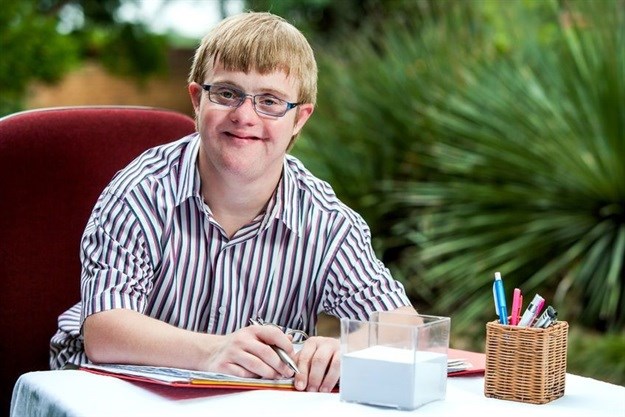With March being Intellectual Disability Awareness Month, employment equity company Progression is urging corporates to gain a better understanding of what persons with intellectual disabilities experience and help create job opportunities for them.
Disability expert at the company Justene Smith says one in every 1,000 people in South Africa has an IQ of between 50 and 80. “Even so, we know very little about intellectual disability. This is why the month of March is dedicated to raising awareness on the topic and addressing stereotypes and misconceptions.”
Smith unpacks intellectual disability, the common stereotypes surrounding the topic and the importance of early childhood development in stimulating children intellectually from an early age.
What is intellectual disability?
Intellectual disability is characterised by a low IQ level, significant limitations in intellectual functioning such as reasoning, learning and problem solving, as well as the ability to adapt or relate to the surrounding world to the same extent as others. It is usually diagnosed before the age of 18 and is lifelong.
Smith says there are various causes of intellectual disability, however, doctors find a specific reason in only 25% of cases. “Some of these causes include chromosomal abnormalities, such as down syndrome, trauma that occurs before, during or after birth, malnutrition and various childhood diseases such as whooping cough, chicken pox and measles, which can lead to meningitis and encephalitis, potentially damaging the brain.”
Increased risk in South Africa
Children growing up in poverty are at higher risk of malnutrition, childhood diseases, exposure to environmental health hazards and often receive inadequate health care. These factors increase the risk of intellectual disability. This is very concerning, given that 55% of the South African population lives in poverty.
In addition to inadequate health care, South Africa lacks high quality educational facilities. “This year alone, over 40,000 children in Gauteng and the Western Cape were rejected from grade one due to space limitations in public schools. The number of children not attending school is even higher in the rural areas. Research suggests that such under-stimulation can result in irreversible damage, causing intellectual disability,” notes Smith.
She says the importance of early childhood development (ECD) cannot be stressed enough. “Although ECD can’t cure intellectual disabilities, it provides children with intellectual disabilities with the ability to learn. Stimulating children with intellectual disabilities is very important as it encourages learning and affords them better prospects for the future.”
Unfortunately, 47% of children aged zero to six years do not receive early childhood learning, according to the statistician-general report.
Smith says Progression has partnered with Siyakwazi, an NPO that provides ECD programmes to communities in the Ugu district in KwaZulu-Natal. “Siyakwazi’s mission is to give support to children in the Ugu district – no matter what their disability, learning problem or circumstances – and help them in unlocking their full potential and overcoming barriers that prevent success.”
Addressing stereotypes
“The first stereotype that needs addressing is the assumption that learning disabilities and intellectual disabilities are the same thing,” says Smith. “This is not true. In short, learning disabilities are normally more specific to a certain area of learning, for example a person with dyslexia will have trouble when it comes to letters. On the other hand, people with intellectual disabilities have difficulty understanding and learning in its entirety.”
Secondly, many wrongly believe that people with intellectual disabilities are not able to contribute or play a meaningful role in an organisation. “In South Africa, only 1.2% of the workforce are people with disabilities, according to the 16th Commission for Employment Equity Annual Report. Sadly, this is less than South Africa’s employment equity target of 2% for the employment of persons with disabilities. People with intellectual disabilities are among this group, who experience extreme exclusion from the open labour market,” says Smith.
Gaining a matric qualification for people with intellectual disabilities can be very difficult. This limits them in terms of work opportunities even further as a matric qualification is an entry level requirement for most organisations.
“There are, however, various tasks that people with intellectual disabilities can successfully carry out,” says Smith. “People with intellectual disabilities would be successful in production, warehousing, manufacturing and even hospitality, where tasks are mostly practical and straightforward. Roles that are structured, routine orientated and practical are ideal for people with intellectual disabilities.”
She says many of these roles and tasks do not require a matric qualification. “We encourage corporate South Africa to prioritise job creation for persons with intellectual disabilities and create an open labour market that is inclusive and accessible to all South Africans.






































